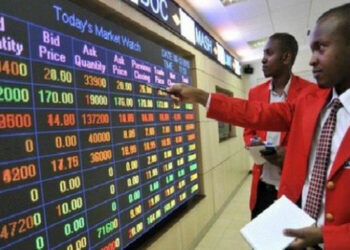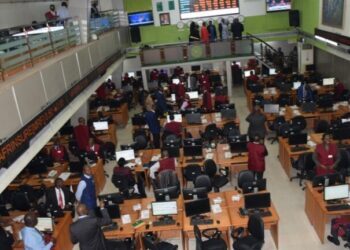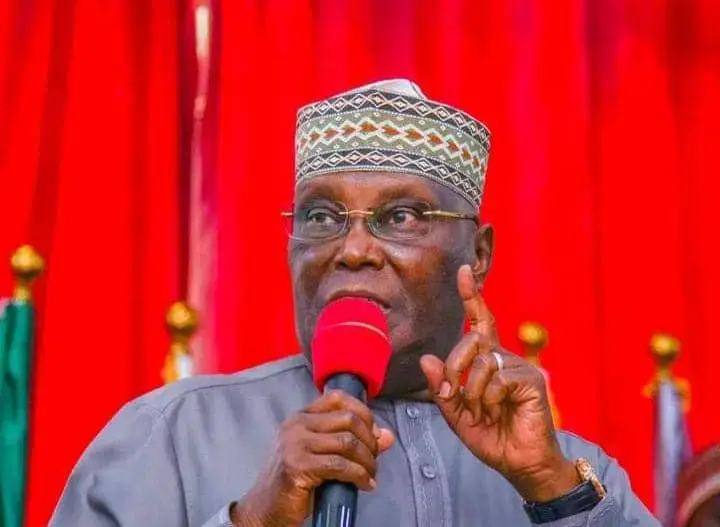A group, known as Save the Consumers, has criticised MultiChoice Nigeria over the recent price hike on DStv and GOtv services, describing it as discriminatory and exploitative.
On February 24, MultiChoice announced an increase in the price of subscriptions for its DStv and GOtv packages.
The development, which came nearly one year after the firm increased its subscription rates, took effect on March 1.
On February 27, the Federal Competition and Consumer Protection Commission (FCCPC) directed MultiChoice to maintain its current subscription prices until an ongoing investigation into the price hike was concluded — but the firm ignored the directive.
In a statement on Sunday, the group’s executive director, Aliyu Ilias, criticised the 21 percent increase in subscription fees.
The group highlighted the contradiction in MultiChoice’s pricing policies, pointing out that while Nigerian consumers are being charged more, South African subscribers are enjoying price reductions of up to 38 percent along with additional channels and improved services.
The NGO also accused MultiChoice of defying the FCCPC’s directive to suspend all price adjustments pending an ongoing investigation.
“This action is not only insensitive and exploitative, but also blatantly discriminatory,“ Ilias said.
“Even more troubling is the company’s simultaneous enhancement of service offerings and reduction of prices for South African customers.
“In South Africa, MultiChoice has lowered fees on various products, added new channels, and introduced features that improve the user experience, all while acknowledging the financial pressures faced by South African households.
“This double standard, lowering prices at home while increasing them in Nigeria, amounts to economic discrimination and reinforces long-standing concerns about MultiChoice’s exploitative approach toward the Nigerian market.
“It is indefensible for MultiChoice to cite inflation in Nigeria as justification for the hike while offering consumer-friendly pricing in South Africa.
“This reflects a disturbing double standard, with Nigerian consumers continuing to suffer under a near-monopolistic market structure that MultiChoice exploits with impunity.
“While MultiChoice claims the price hike is necessary to deliver “world-class content,” Nigerian subscribers still face persistent challenges that remain unaddressed despite repeated complaints.
“These include repetitive content, frequent service disruptions, and poor value for money.
“Rather than resolving these issues, MultiChoice has chosen to penalise its loyal Nigerian customers with higher prices, once again proving that profit, not service or fairness, is its primary motivation.
“Meanwhile, South African subscribers benefit from reduced pricing, such as the “Add Movies” bolt-on slashed by 38% to R49, alongside additional channels and enhanced streaming features.
Ilias also said the justification by Byron Du Plessis, MultiChoice chief executive officer (CEO), that the changes are due to “financial pressures faced by households further demonstrates the company’s hypocritical and disingenuous treatment of Nigerian consumers, who are themselves grappling with a severe cost-of-living crisis”.
“This double standard—lowering prices at home while increasing them in Nigeria—amounts to economic discrimination,” he added.’
The organisation also called on the National Broadcasting Commission (NBC) to foster competition in the pay-TV sector and end MultiChoice’s “monopoly”.
In addition, the group urged the FCCPC to take legal action against the company for ignoring regulatory directives.
Save the Consumers further demanded the immediate reversal of the latest price hike, compensation for affected customers, and a transparent review of MultiChoice’s pricing model and service quality.
“We urge the FCCPC to initiate legal proceedings against MultiChoice for its defiance of regulatory orders and its disregard for consumer welfare,” the group said.
“A transparent investigation into its pricing model, service quality, and compliance with Nigerian competition and consumer protection laws is essential.
“We call on Nigerian consumers to explore alternative platforms and consider boycotting DStv and GOtv until MultiChoice demonstrates genuine respect for their rights.”
Save the Consumers also said MultiChoice’s discriminatory pricing, rewarding South African subscribers with lower costs and better services while exploiting Nigerians, “is a glaring example of unchecked corporate greed”.











